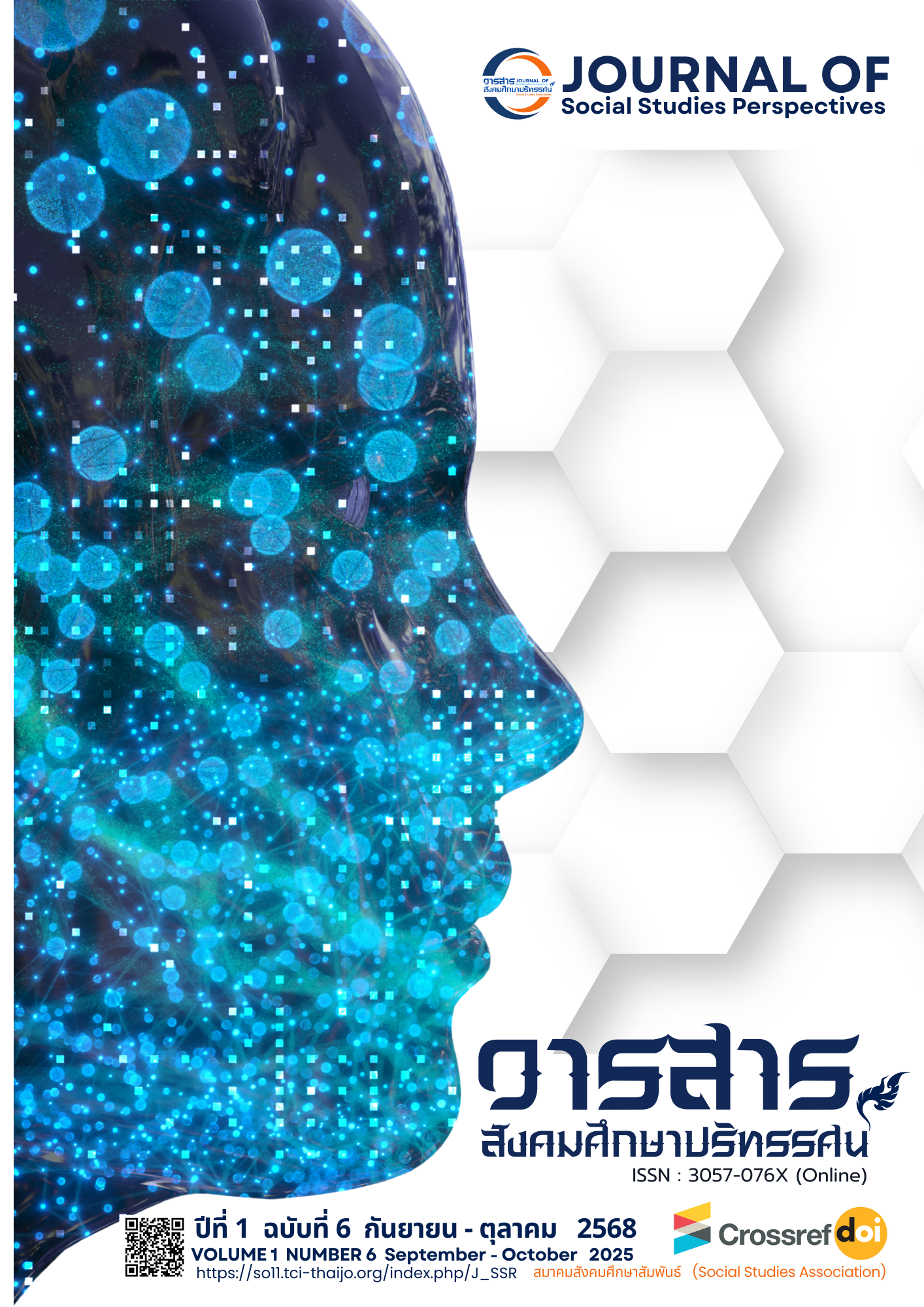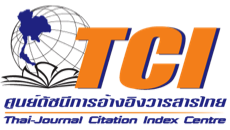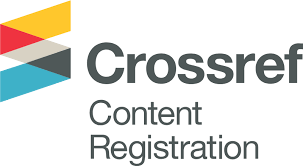การจัดการศึกษาตามหลักปรัชญาของเศรษฐกิจพอเพียง
DOI:
https://doi.org/10.64186/jsp2445คำสำคัญ:
การจัดการศึกษา , ปรัชญาของเศรษฐกิจพอเพียง , การบริหารสถานศึกษาบทคัดย่อ
บทความวิชาการนี้มีวัตถุประสงค์เพื่อนำเสนอการจัดการศึกษาตามหลักปรัชญาของเศรษฐกิจพอเพียงที่เป็นกระบวนการจัดการเรียนรู้ทางด้านการจัดการศึกษาในทุกระดับ โดยการน้อมน้ำแนวคิดปรัชญาที่พระบาทสมเด็จพระเจ้าอยู่หัวมีพระราชดำรัสชี้แนะแนวทางการดำเนินชีวิตแก่พสกนิกรชาวไทยมาโดยตลอดยาวนาน ตั้งแต่ก่อนเกิดวิกฤติการณ์ทางเศรษฐกิจ และเมื่อภายหลังได้ทรงเน้นย้ำแนวทางการแก้ไขเพื่อให้รอดพ้นและสามารถดำรงอยู่ได้อย่างมั่นคงและยั่งยืนภายใต้และความเปลี่ยนแปลงต่าง ๆ สำหรับการจัดการศึกษาตามหลักปรัชญาของเศรษฐกิจพอเพียง บทความนี้นำเสนอ 1) แนวทางดำเนินการจัดการศึกษาตามหลักปรัชญาของเศรษฐกิจพอเพียง 2) ตัวชี้วัดความสำเร็จของการบริหารสถานศึกษาตามหลักปรัชญาของเศรษฐกิจพอเพียง และ 3) ปัจจัยที่เกี่ยวข้องกับความสำเร็จในการบริหารสถานศึกษาขั้นพื้นฐานโดยใช้หลักปรัชญาของเศรษฐกิจพอเพียงซึ่งปรัชญาของเศรษฐกิจพอเพียง องค์ความรู้นี้จะช่วยให้ผู้บริหารการศึกษาได้จัดการศึกษาตามหลักปรัชญาของเศรษฐกิจพอเพียง ซึ่งเป็นหลักการจัดการศึกษาของประเทศไทยที่เป็นแนวทางปฏิบัติสำหรับปวงชนชาวไทยทุกคนให้มีความพออยู่พอกิน ไม่อดอยาก มีปัจจัยสี่บำรุงชีวิตอย่างพอเพียงไม่ขาดแคลน และมีชีวิตที่เป็นสุขพอสมควรแก่อัตภาพ
เอกสารอ้างอิง
Kalong, C. (2017). School management and guidelines for development based on the philosophy of sufficiency economy of schools under Mahasarakham Primary Educational Service Area Office 2 (Master’s thesis, Mahasarakham Rajabhat University).
Keawmun, N. (2017). School administrators’ ethics and personnel management as perceived by school administrators and teachers in schools under municipalities in Saraburi Province (Master’s thesis, Thepsatri Rajabhat University).
Pankum, W. (2000). School development strategic planning for the learning center applying the concept of the philosophy of sufficiency economy at Rajaprajanugroh 13 School, Uttaradit Province (Master’s thesis, Chiang Mai University).
Panyatep, W. (2020). The development of cooperative learning activities using the Student Team-Assisted Divisions (STAD) technique and mind map on the topic “Technique of the sufficiency economy and cooperatives” for Mathayomsuksa 5 students (Master’s thesis, Mahasarakham Rajabhat University).
Pata, C. (2024). Guidelines for upgrading the management of sufficiency schools according to the sustainable sufficiency economy philosophy of Doi Tao Wittayakhom School (Master’s thesis, Chiang Mai University).
Pinijparinya, P. (2023). Moral organization assessment as a measure to improve governance in the public sector: A case study of the Budget Bureau (Master’s thesis, Chulalongkorn University).
Sanyot, T. (2017). A model of school administration based on the principles of the sufficiency economy for small-sized secondary schools in Northeast Thailand (Doctoral dissertation, Sakon Nakhon Rajabhat University).
Singsamran, P. (2017). Sufficiency economy behavior of graduate diploma in teaching profession students of North Bangkok University (Research report, Office of Research Affairs, North Bangkok University).
Suwanich, C. (2015). The development of a provincial learning resources center model for lifelong learning on the philosophy of sufficiency economy (Research report, Office of Research Affairs, Chandrakasem Rajabhat University).
Thaweesat, T. (2015). An application of the sufficiency economy philosophy in the life conduct of students at the Royal Police Cadet Academy (Master’s thesis, Phranakhon Rajabhat University).
ดาวน์โหลด
เผยแพร่แล้ว
รูปแบบการอ้างอิง
ฉบับ
ประเภทบทความ
หมวดหมู่
สัญญาอนุญาต
ลิขสิทธิ์ (c) 2025 วารสารสังคมศึกษาปริทรรศน์

อนุญาตภายใต้เงื่อนไข Creative Commons Attribution-NonCommercial-NoDerivatives 4.0 International License.
บทความนี้ได้รับการเผยแพร่ภายใต้สัญญาอนุญาต Creative Commons Attribution-NonCommercial-NoDerivatives 4.0 International (CC BY-NC-ND 4.0) ซึ่งอนุญาตให้ผู้อื่นสามารถแชร์บทความได้โดยให้เครดิตผู้เขียนและห้ามนำไปใช้เพื่อการค้าหรือดัดแปลง หากต้องการใช้งานซ้ำในลักษณะอื่น ๆ หรือการเผยแพร่ซ้ำ จำเป็นต้องได้รับอนุญาตจากวารสาร










